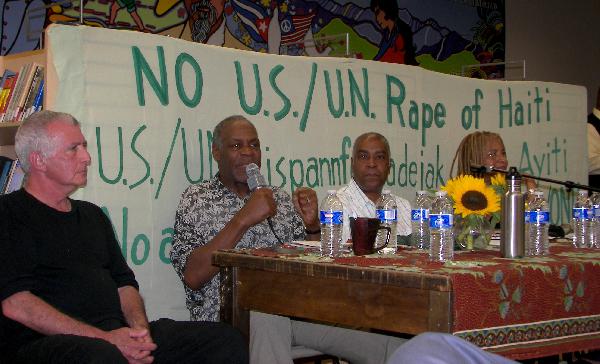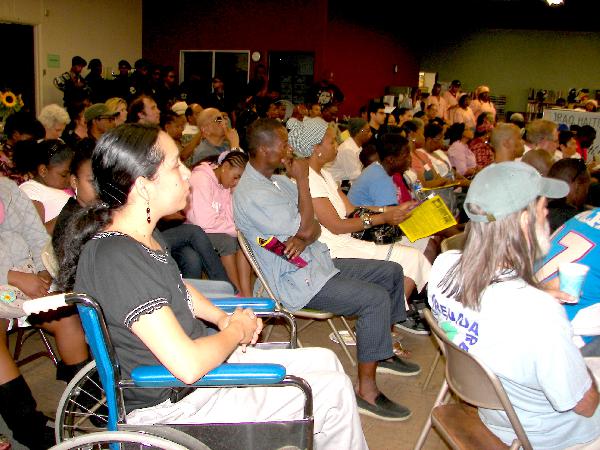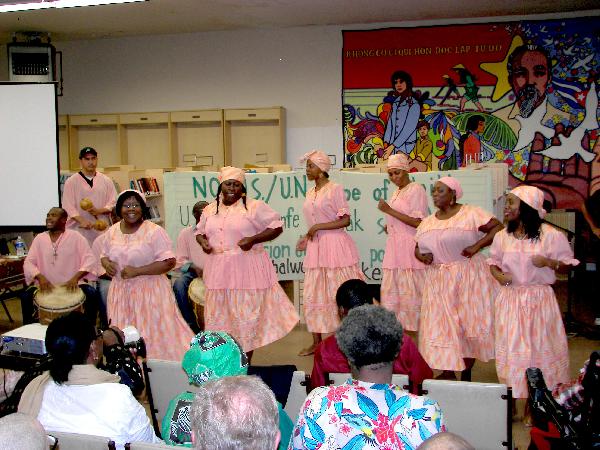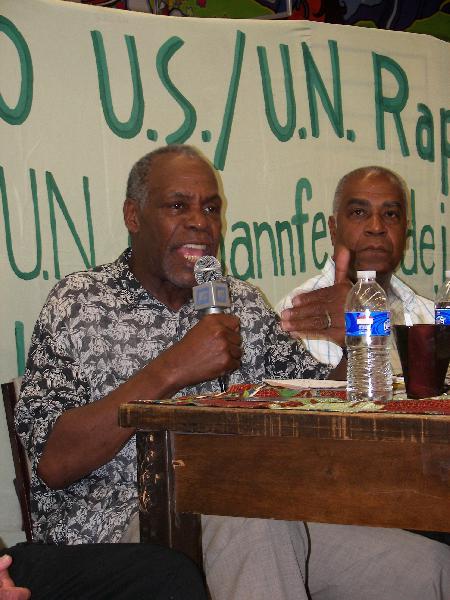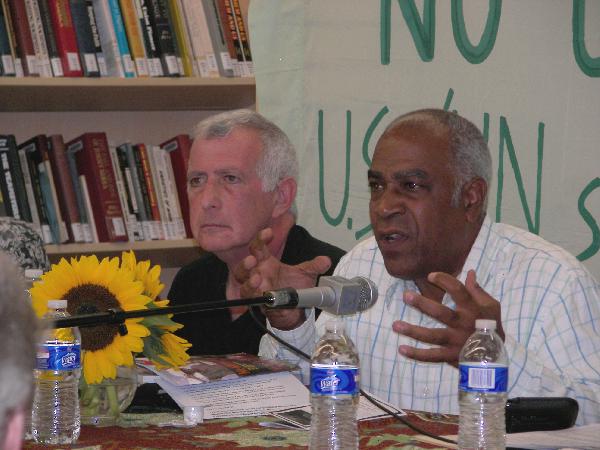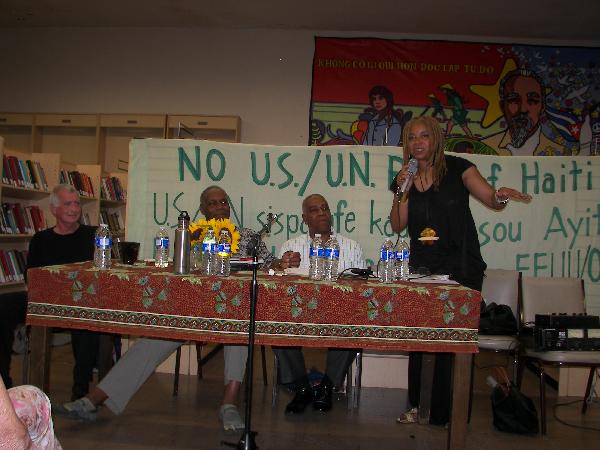| About Us | Contact Us | Calendar | Publish | RSS |
|---|
|
Features • latest news • best of news • syndication • commentary Feature Categories IMC Network:
Original Citieswww.indymedia.org africa: ambazonia canarias estrecho / madiaq kenya nigeria south africa canada: hamilton london, ontario maritimes montreal ontario ottawa quebec thunder bay vancouver victoria windsor winnipeg east asia: burma jakarta japan korea manila qc europe: abruzzo alacant andorra antwerpen armenia athens austria barcelona belarus belgium belgrade bristol brussels bulgaria calabria croatia cyprus emilia-romagna estrecho / madiaq euskal herria galiza germany grenoble hungary ireland istanbul italy la plana liege liguria lille linksunten lombardia london madrid malta marseille nantes napoli netherlands nice northern england norway oost-vlaanderen paris/Île-de-france patras piemonte poland portugal roma romania russia saint-petersburg scotland sverige switzerland thessaloniki torun toscana toulouse ukraine united kingdom valencia latin america: argentina bolivia chiapas chile chile sur cmi brasil colombia ecuador mexico peru puerto rico qollasuyu rosario santiago tijuana uruguay valparaiso venezuela venezuela oceania: adelaide aotearoa brisbane burma darwin jakarta manila melbourne perth qc sydney south asia: india mumbai united states: arizona arkansas asheville atlanta austin baltimore big muddy binghamton boston buffalo charlottesville chicago cleveland colorado columbus dc hawaii houston hudson mohawk kansas city la madison maine miami michigan milwaukee minneapolis/st. paul new hampshire new jersey new mexico new orleans north carolina north texas nyc oklahoma philadelphia pittsburgh portland richmond rochester rogue valley saint louis san diego san francisco san francisco bay area santa barbara santa cruz, ca sarasota seattle tampa bay tennessee urbana-champaign vermont western mass worcester west asia: armenia beirut israel palestine process: fbi/legal updates mailing lists process & imc docs tech volunteer projects: print radio satellite tv video regions: oceania united states topics: biotechSurviving Citieswww.indymedia.org africa: canada: quebec east asia: japan europe: athens barcelona belgium bristol brussels cyprus germany grenoble ireland istanbul lille linksunten nantes netherlands norway portugal united kingdom latin america: argentina cmi brasil rosario oceania: aotearoa united states: austin big muddy binghamton boston chicago columbus la michigan nyc portland rochester saint louis san diego san francisco bay area santa cruz, ca tennessee urbana-champaign worcester west asia: palestine process: fbi/legal updates process & imc docs projects: radio satellite tv |
printable version
- js reader version
- view hidden posts
- tags and related articles
Report Back: LA Forum on and Fundraiser for Haitiby Haiti Working Group/LA Sunday, Sep. 18, 2011 at 5:28 PMhaitiworkinggroupla@gmail.com Over 200 people, overwhelmingly Black people, came out for the Public Forum on and Fundraiser for Haiti. Actor and activist Danny Glover, Pierre Labossiere, co-founder of Haiti Action Committee, and Robert Roth, board member of Haiti Emergency Relief Fund were featured speakers at the event which both helped get the word out about what's happening on the ground in Haiti and raised funds to support the Haitian grassroots. Margaret Prescod, host of KPFK's Sojourner Truth and Women of Color in the Global Women's Strike, chaired.
On July 31st an overflow audience filled the Southern California Library for the Public Forum on and Fundraiser for Haiti. Guest speakers included actor and activist Danny Glover; Pierre Labossiere, co-founder of Haiti Action Committee (http://www.haitisolidarity.net/); and Robert Roth, board member of Haiti Emergency Relief Fund (http://www.haitiemergencyrelief.org). Chairing was Margaret Prescod, host of KPFK's Sojourner Truth and Women of Color in the Global Women's Strike (http://www.globalwomenstrike.net).
Over 200 people, overwhelmingly Black people, filled the space. The audience also included people of Chinese, Filipin@, Latin@ and European descent. Notables in the audience included actor Ben Guillory who with Danny Glover co-founded the Robey Theatre, Ayuko Babu who heads the Pan African Film Festival and Jesse Wood, volunteer coordinator for KPFK. Danny Glover, who accompanied former Haitian President Jean Bertrand Aristide on his recent return to Haiti after a seven-year U.S.-imposed exile in South Africa, described the journey as a cliff-hanger, but in the end an exuberant experience. He reported that the Obama Administration as well as the UN put pressure on South Africa to not allow President Aristide's departure from South Africa, making last minute phone calls to the SA government; nevertheless the SA government did allow Aristide and his family to leave. It was, however, uncertain whether or not the flight would be held up or otherwise intercepted and prevented from landing in Haiti, and for those on the flight it was uncertain that they would ever actually reach Haiti until their plane actually touched the ground at the airport in the capital Port-au-Prince. Danny Glover described the overwhelming and emotional welcome the Aristides received on the ground where they were greeted by tens of thousands. The car from the airport to the Aristides’ home could move only at the pace of the large crowds that flooded the streets and surrounded the car. Also upon arrival at the residence, thousands flooded onto the grounds, climbed trees and the residence itself, singing and chanting with joy and with hopes of getting a glimpse of their beloved President. They also celebrated the day as a grassroots victory of the many who, for the past seven years, had worked tirelessly for the return of their President and never gave up hope that they would win his return. A short video prepared by a supporter of the Haiti Action Committee allowed all present to see a bit of this celebration. All of the event's panelists as well as moderator Margaret Prescod, along with Selma James, international coordinator of the Global Women’s Strike and widow of CLR James who wrote The Black Jacobins, the definitive book on the Haitian Revolution, and Nina Lopez, a coordinator of the GWS international working group on Haiti, were in Haiti for the Aristides’ return. They all witnessed the sense of elation and victory of the Haitian grassroots, their organizing effectiveness and their determination in the midst of devastation and impoverishment. Panelists at the event described how very little reconstruction had happened since the earthquake, leaving close to a million people still living in tent cities. This despite millions of dollars donated for the Haitian people to the Red Cross and other large non-governmental organizations (NGO’s). Most of the donated resources never reached Haitians most impacted and in need. Meanwhile, Haiti has more NGOs per square mile than any other nation in the world; nevertheless it remains the most impoverished nation in the western hemisphere. At the time of President Aristide’s return, Haiti was also in the midst of a presidential “election,” from which the country's largest party Fanmi Lavalas (Haitian Creole for “flash flood,” the popular movement whose leader is President Aristide) was banned. Consequently, voter turnout was pathetic in a country known for very high voter participation. According to panelist Robert Roth, ‘In the end, Martelly was selected by only 17% of eligible Haitian voters. With Fanmi Lavalas excluded, and two right-wing candidates running, the vast majority of Haitians stayed away, refusing to lend credibility to the charade.’ Michel Martelly, the so-called “winner,”, has ties with the notorious Duvalier family, former dictators which ruled Haiti brutally in the decades preceding Aristide's first presidential term. By contrast, President Aristide was elected twice as President, the first time by over 60% of Haitians voting and the second time by 92%. Since the US-backed coup which forced President Aristide to leave Haiti on February 29, 2004, US Marines turned over their occupation of Haiti to U.N. “peace keepers” whose unpopular and often brutal occupation is still in place. It was mentioned that it was UN troops that brought cholera to Haiti resulting in a cholera epidemic that has caused over 6000 deaths and has infected more than 420,000 people. Ironically, the UN occupying forces are led by Brazil. Also, a number of left-leaning Latin American countries including Bolivia, Ecuador and Argentina have contributed troops. Why is there so much oppression against Haiti? Margaret Prescod opened the event with a brief historical roundup: Haiti was the first Black Republic in world history and was formed when those enslaved defeated the army of Napoleon, the most powerful army of its day, and took control of France's most prosperous colony. The Haitians also defeated efforts by Spain and England, intercepted slave ships and freed the slaves. They gave refuge twice to Simon Bolivar who was fighting for the liberation of Latin America and sent ships and fighters to assist Bolivar. Haiti served as a beacon of hope for oppressed people around the world but has been considered to be a bad example by colonial powers and has been punished ever since. Today, Haiti is the source of cheap sweatshop labor at home and a source of low waged immigrant workers particularly on the US East Coast and Florida. Margaret said that we all owe a debt to Haiti, who led the way for the emancipation of those enslaved in the entire region and that this event was just a small part of that repayment. Pierre Labossiere of Haiti Action Committee, gave more historical context. He said that there has always been a grassroots movement in Haiti which was determined to complete the Haitian Revolution which they consider unfinished. He said that movement has had several different names since the revolution and that today they are known as Lavalas. President Aristide is the leader of that movement. He also gave more recent history including US-supported dictatorships culminating in that of ‘Baby Doc’ Duvalier who was finally forced out by the Haitian people. He described the work of President Aristide and the Lavalas movement, including doubling the minimum wage and gains made in access to education, medical care, women’s rights and more during his years in leadership. The event was also a fundraiser for the grassroots in Haiti with donations going to the Haiti Emergency Relief Fund. Robert Roth, board member of HERF, gave practical examples of the work of projects they fund. He explained HERF takes no overhead from donations, and that resources go directly to grassroots projects. Recently, a group of Haitian women in the countryside used Relief Fund donations to get mules, which greatly surprised the men who admitted they would never have thought of mules. The women felt their biggest priority was help with transportation to get produce to market, and given the terrain mules were the most practical. This part of the event consisted of an exciting auction: a large photograph of President Aristide and his family on their arrival at the airport in Haiti, signed by Danny Glover, who was there; a beautiful painting from Haiti; and a unique cloth brought from Africa, as well as a call for donations. The event raised $3,242 for Haiti. In the action part of the event, a call was made for signatures to a letter to Latin American governments asking them to withdraw their troops from Haiti, and for a follow-up meeting which is scheduled for Saturday September 24th, 2pm at the Blazer Learning Center, 1517 West 48th Street, Los Angeles,CA 90062 to broaden the work of the Haiti Working Group/LA. Hank Jones from the San Francisco 8 gave a brief report on the California Prisoners Hunger Strike and made a call for support for the strikers. Showing their support for the people of Haiti, drumming and dancing by the Lidereibugu Garifuna Ensemble opened and closed the program and got the audience moving. The Garifuna people are based in Belize, Honduras and Guatemala. Their roots are from Africans who were enslaved as well as Arawak and Carib peoples from St. Vincent and the Grenadines. The Garifuna language is derived predominantly from the Arawak and Carib languages. Security was organized and provided by some community elders, as well as by a contingent of 8-10 Black youth from the Black Riders, dressed in black, who made a dramatic entrance and stood at attention in the rear of the room. The event was called by the Haiti Working Group/LA. Co-sponsors included Alexandria House, Every Mother is a Working Mother, Global Women's Strike/LA, DCFS Give Us Back Our Children, Haiti Action Committee, Northeast LA Radical Neighbors, and Women of Color in Global Women's Strike. Endorsers included Blase and Theresa Bonpane, directors, Office of the Americas; CALIF; International Action Center/LA; Pat Alviso, Jeff Merrick, Rossana and Arturo Cambron, Military Family Members; and Topanga Peace Alliance. KPFK (Pacifica radio 90.7 FM) was the media sponsor. *To donate to the Haitian grassroots go to http://www.haitiemergencyrelief.org For updated information on Haiti: www.haitisolidarity.net For local activities to help support the people of Haiti contact 323-276-9833; haitiworkinggroupla@gmail.com
Report this post as:
Audienceby Haiti Working Group/LA Sunday, Sep. 18, 2011 at 5:28 PMhaitiworkinggroupla@gmail.com
Over 200 people showed up.
Report this post as:
Lidereibugu Garifuna Ensembleby Haiti Working Group/LA Sunday, Sep. 18, 2011 at 5:28 PMhaitiworkinggroupla@gmail.com
The Garifuna people are based in Belize, Honduras and Guatemala. Their roots are from Africans who were enslaved as well as Arawak and Carib peoples from St. Vincent and the Grenadines. The Garifuna language is derived predominantly from the Arawak and Carib languages.
Report this post as:
Danny Glover and Pierre Labossiereby Haiti Working Group/LA Sunday, Sep. 18, 2011 at 5:28 PMhaitiworkinggroupla@gmail.com
Actor and activist Danny Glover speaks about Haiti. Seated next to him is Pierre Labossiere, co-founder of Haiti Action Committee (http://www.haitisolidarity.net/).
Report this post as:
Pierre Labossiere (speaking) and Robert Rothby Haiti Working Group/LA Sunday, Sep. 18, 2011 at 5:28 PMhaitiworkinggroupla@gmail.com
Pierre Labossiere, co-founder of Haiti Action Committee (http://www.haitisolidarity.net/) and Robert Roth, Robert Roth, board member of Haiti Emergency Relief Fund (http://www.haitiemergencyrelief.org).
Report this post as:
Margaret Prescod (speaking)by Haiti Working Group/LA Sunday, Sep. 18, 2011 at 5:28 PMhaitiworkinggroupla@gmail.com
Chairing was Margaret Prescod, host of KPFK's Sojourner Truth and Women of Color in the Global Women's Strike (http://www.globalwomenstrike.net).
Report this post as:
|



